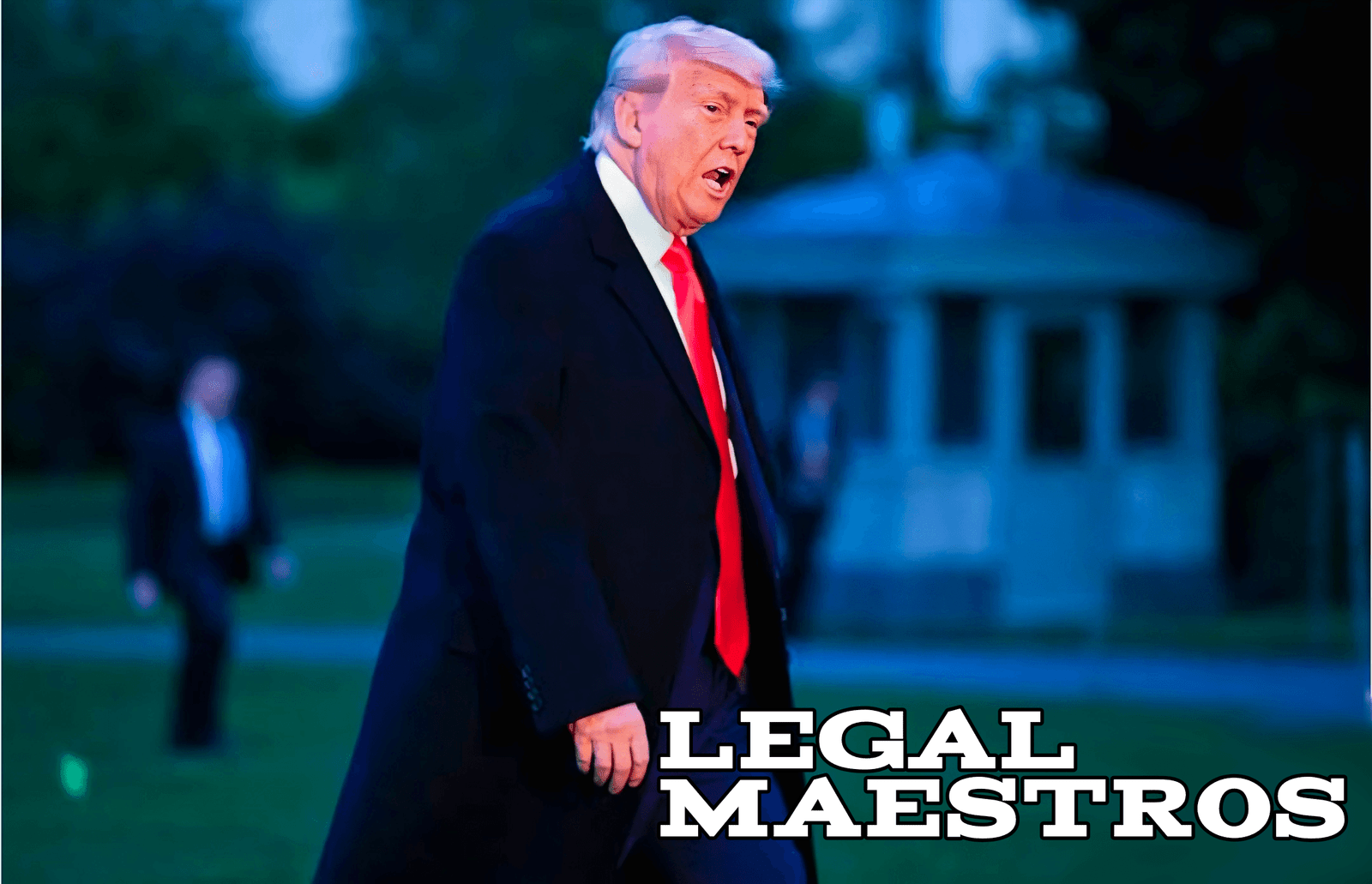
The enrollment of international students was the subject of a big court dispute that took place between Harvard University and the administration of President Trump in the month of May within the year 2025.
The administration made an effort to remove Harvard’s certification to access the Student and Exchange Visitor Information System (SEVIS), which is an essential database for the management of student visas. The legal standing of thousands of overseas students attending Harvard was put in jeopardy as a result of this move.
The judgment was contested in court by Harvard, which resulted in a temporary order that permitted the university to continue providing enrollment opportunities to students from other countries. This particular example highlights the persistent contradiction that exists between the policy of the federal government regarding immigration and the autonomy of educational institutions.
For any queries or to publish an article or post or advertisement on our platform, do call at +91 6377460764 or email us at contact@legalmaestros.com.
Historical Context of the Conflict
The move made by the Trump administration to revoke the SEVIS certification of Harvard University was a component of a larger campaign to strengthen governmental control over immigration.
The revocation was justified by the Department of Homeland Security (DHS), which cited worries regarding student protests and purported anti-American sentiments as the basis for the decision.
On the other hand, Harvard had the opinion that the action was an unconstitutional form of retaliation against its policies and independence. The institution contended that the revocation will result in immediate and irreparable harm to its undergraduate and graduate academic programs as well as its international students.
For More Updates & Regular Notes Join Our Whats App Group (https://chat.whatsapp.com/DkucckgAEJbCtXwXr2yIt0) and Telegram Group ( https://t.me/legalmaestroeducators )
Legal Disputes and the Decision of the Court
Harvard University launched a legal action against the Department of Homeland Security, claiming that the revocation was in violation of the Administrative Procedure Act, the Due Process Clause, and the First Amendment.
A large amount of emphasis was placed by the institution on the significant financial contributions that overseas students make, as well as the crucial role that they play in the academic community.
During the time that the complaint is being heard, a federal court issued a temporary restraining order, which prevented the government from taking any action and allowed Harvard to keep its SEVIS certification.
Implications for Students from Other Countries
It is estimated that around 6,800 international students attending Harvard are at risk of having their legal status in the United States revoked as a result of the attempted revocation of SEVIS certification.
Without legitimate visas, these students were in risk of being deported, which would have a negative impact on their educational experience. Despite the fact that the injunction issued by the court brought some temporary respite, the uncertainty produced a great amount of tension and concern within the community of international students.
In an effort to provide assistance to the students who were impacted, Harvard made it possible for them to accept offers from universities located in other countries as a backup option.
Implications for Higher Education on a More General Scale
The disagreement between Harvard and the administration of President Trump is illustrative of a larger contradiction that exists between the immigration policy of the federal government and the independence of educational institutions.
The cultural diversity and financial stability that international students bring to many colleges are essential to their success. Concerns were expressed regarding the United States’ reputation as a friendly destination for researchers from other countries as a result of the actions taken by the government.
In addition to expressing their support for Harvard, several academic institutions and organizations have voiced their disapproval of the approach taken by the government.
The judgment of the court to deny the attempt by the Trump administration to restrict Harvard from enrolling overseas students is a significant vindication of the rights of educational institutions and the independence of the academic community.
Despite the fact that the legal struggle is still ongoing, this case brings to light the significance of safeguarding the contributions that international students make to higher education in the United States of America and the requirement for immigration laws that are well-balanced and respect the autonomy of institutions.




